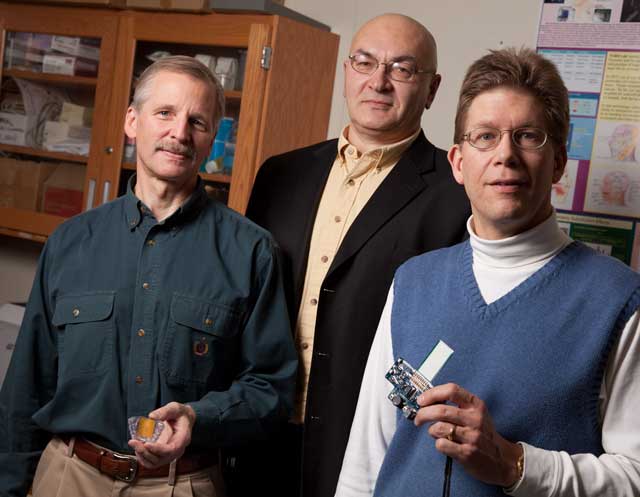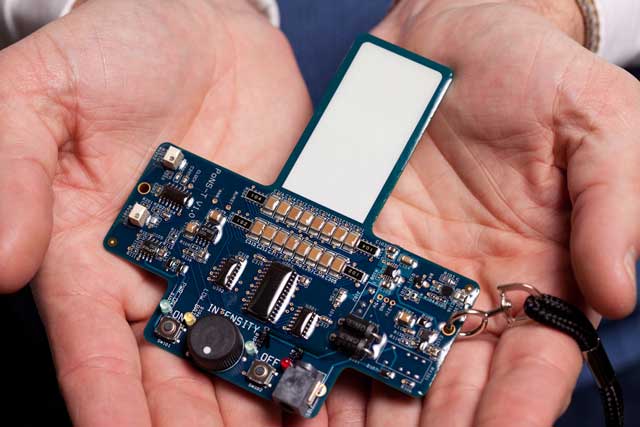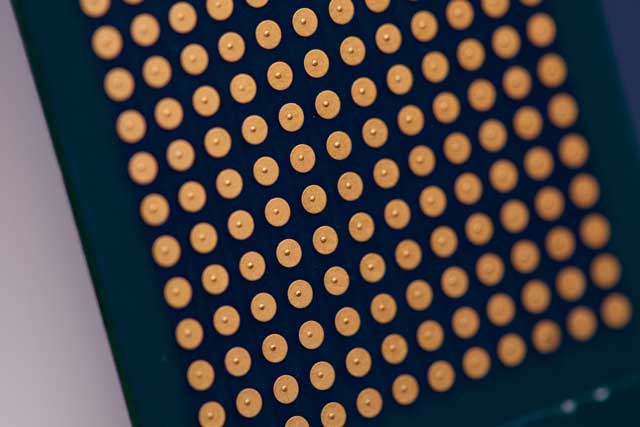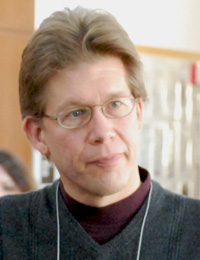
Kurt Kaczmarek
Scientist Kurt Kaczmarek talked about the “Amazing Plastic Brain” to a group gathered for the Lubar Lecture at the Milwaukee Art Museum on Wednesday, November 10.
Kaczmarek, administrative director of the University of Wisconsin-Madison Tactile Communication and Neurorehabilitation Laboratory (TCNL), described how people with balance problems are walking confidently and those with multiple sclerosis, Parkinson’s disease or traumatic brain injury are experiencing both relief of symptoms and regaining useful movement. It happens through the tongue, where a plethora of nerve endings connect directly to structures in the brain stem.
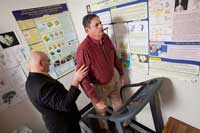
Yuri Danilov, of the TCNL lab, readies research participant Stuart Brandes for a training session using Cranial-Nerve Non-Invasive NeuroModulation (CN-NINM). Click to view more photos.
The technology pioneered at the TCNL uses controlled electrical stimulation on the tongue to capitalize on and extend the brain’s restorative capacity to help recover lost function.
Coupled with specially developed exercises, the device offers hope for those suffering from neurodegenerative or developmental disorders.
The Lubar Lecture series brings captivating speakers from the UW-Madison campus to Milwaukee to share their expertise. The series is presented through the sponsorship of Sheldon and Marianne Lubar.
For more information
Healing the Brain Through the Tongue
First, there was the voice, a full, rich bass, the kind of voice that makes audiences swoon within a few measures and can fill a 3,000-seat theater with no microphone. Robert Goulet grew famous with that kind of voice, but Goulet never lost his magnificent sound. Continue reading »
The Amazing Plastic Brain and How It Grew a Business
TCNL scientists talk about the trials and triumphs of bringing a new technology and new company to life as well as exciting possibilities for the future. What our brains currently do for us is amazing. Can we dare to imagine what they are capable of doing if we give them the tools?

